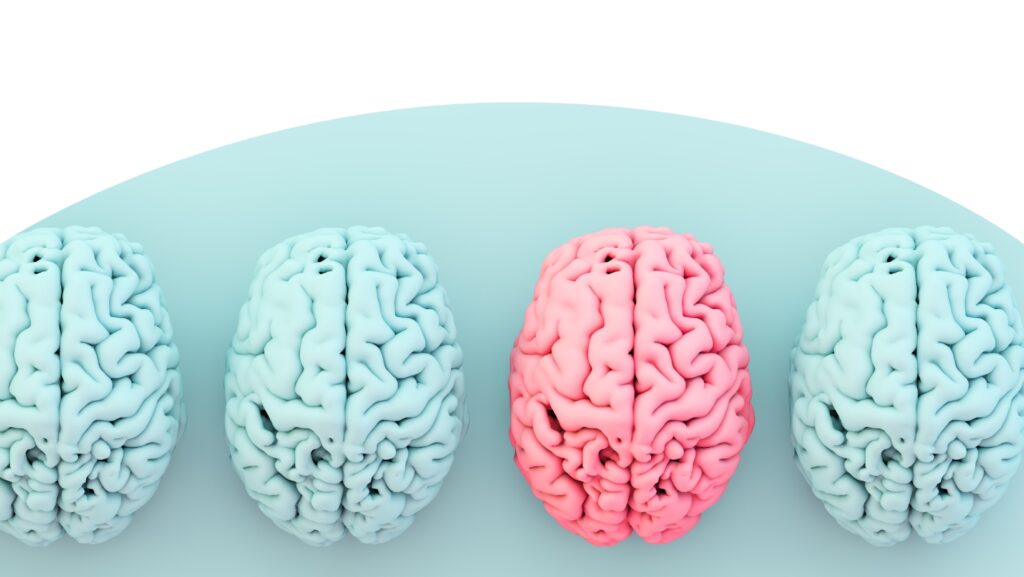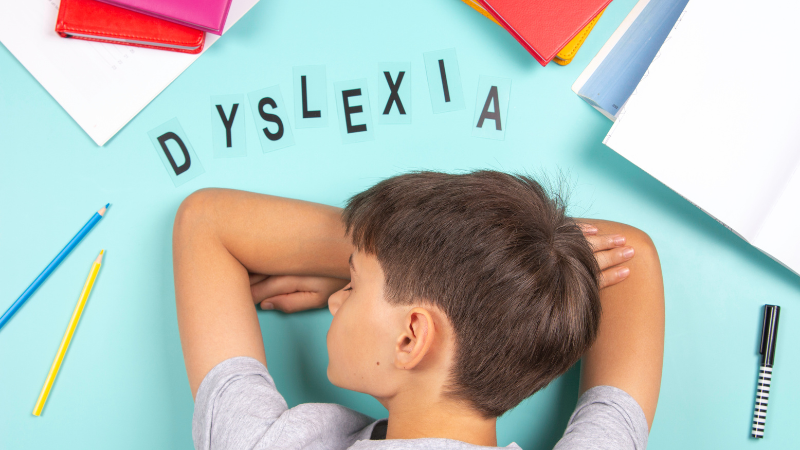In this article
ToggleYour brain is an amazingly intricate organ that serves as your body’s command centre. Through its remarkable complexity, you’re able to perceive and experience the world around you as you think, feel and interact with your environment.
Your brain is shaped by many different experiences throughout your life such as your emotions, senses, movement patterns and thought processes.
Given your brain’s importance, you want it to work as well as it possibly can for you. That’s where functional neurology comes in.
What is functional neurology?
Functional neurology is a growing field within the realm of neuroscience. It is a holistic approach that seeks to integrate the brain, nervous system and body and to optimise the connections among them.
The principles of functional neurology are used by many healthcare professionals, including chiropractors, psychologists, occupational therapists and some medical practitioners with an interest in integrative medicine.
Functional neurology is based on the theory of neuroplasticity – the widely accepted idea that the brain and nervous system are able to change in response to certain stimuli. This field recognises the dynamic nature of the brain and its capacity to adapt, change, and heal throughout a person’s life.
Brain cells (neurons) that receive regular stimulation grow stronger and form new connections (synapses). Ones that do not receive such stimulation grow weaker.
By providing the right kind of stimulation to the right area(s) of the brain, functional neurology seeks to improve brain function and relieve symptoms of a wide array of conditions.
Which conditions do functional neurologists treat?
Functional neurology is being used to support a number of conditions involving the brain and nervous system, such as:
- Neuro-developmental conditions such as autism, ADHD, Asperger’s, Tourettes, dyslexia, processing disorders and global developmental delay
- Alzheimer’s disease, Parkinson’s disease and dementia
- Multiple Sclerosis, transverse myelitis, leukodystrophies.
- Traumatic brain injuries, concussion and whiplash
- Vestibular conditions like motion sickness, dizziness, labyrinthitis, vertigo, Menieres disease
- Carpal tunnel syndrome, trigeminal neuralgia, Bell’s palsy, polyneuropathy
- Stroke and TIA
- Chronic pain
- Headaches, migraines and fibromyalgia.
What’s involved in functional neurology treatment?
Functional neurology is a non-invasive approach that may involve:
- A detailed assessment to identify areas of dysfunction
- The creation and implementation of a customised treatment plan involving various techniques or therapies to stimulate the brain appropriately
- Regular progress review.
Functional neurology therapies include:
- Sensory stimulation: Specific sensory inputs such as light, sound, touch, and smell are utilised to stimulate different brain regions. This helps to enhance neurological connections and promote brain function
- Vestibular rehabilitation: Targeting the vestibular system, which governs balance and spatial orientation, can address conditions such as dizziness, vertigo, and balance disorders
- Ocular therapy: Vision plays a crucial role in brain function. Ocular therapies, including eye exercises and visual stimulation, are used to improve visual processing, eye coordination, and overall brain integration
- Rehabilitation exercises: Targeted exercises and movements stimulate specific areas of the brain and enhance neuroplasticity, assisting the rewiring of neural connections.
How can Neurofit Brain Centre support you?
At Neurofit, we believe brain activity makes an active difference. We deliver targeted brain-based therapies to help improve focus, function and friendships.
Most importantly, we deliver therapy in a fun and engaging way, using brain-based video games, vision and balance games and sensory stimulation using sounds, smells, vibrating floor pads and laser eye games.
To learn more about how we may be able to support you, please book an assessment.
Disclaimer
All information is general and is not intended to be a substitute for professional medical advice. Neurofit Brain Centre can consult with you to confirm if a particular treatment approach is right for you.








